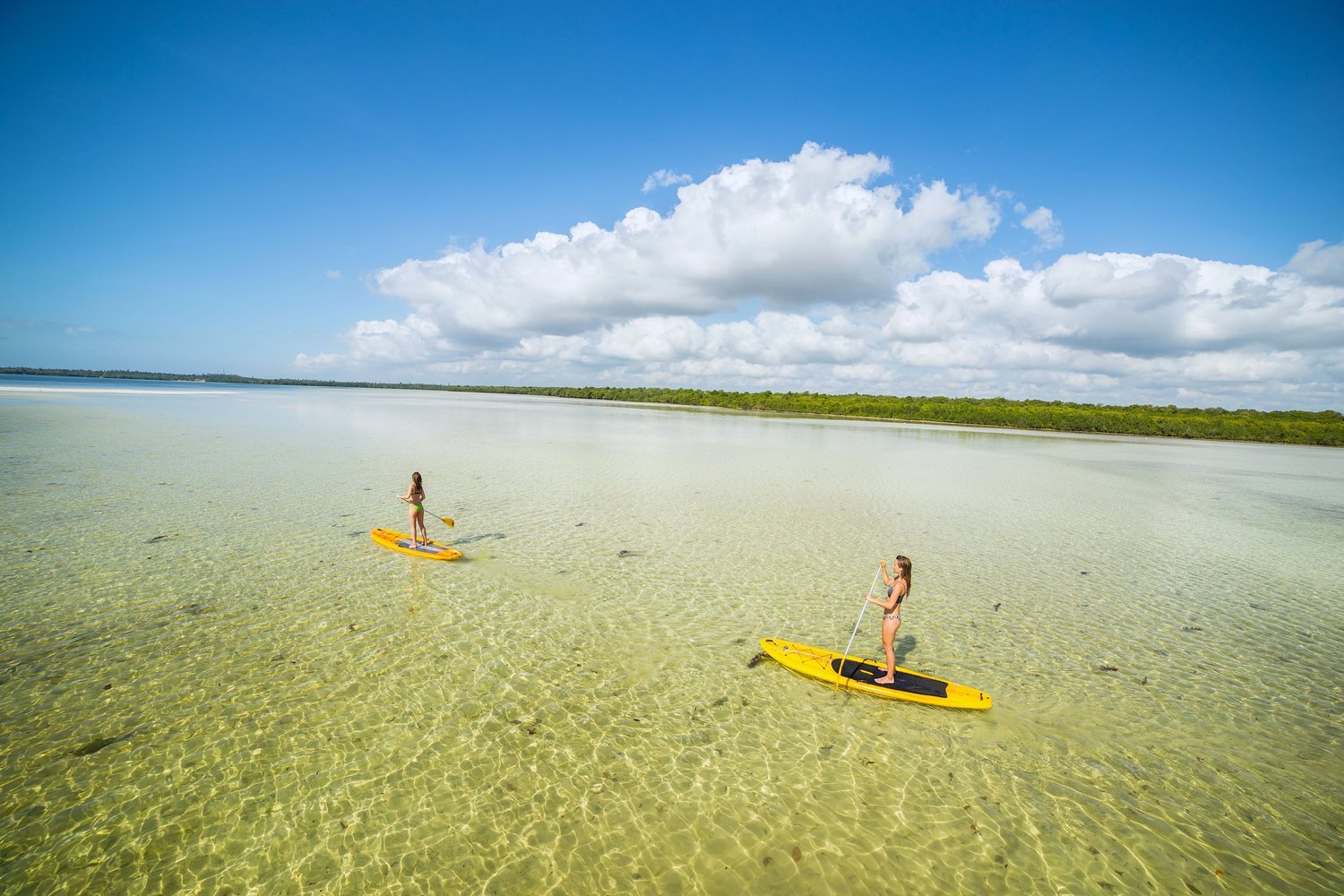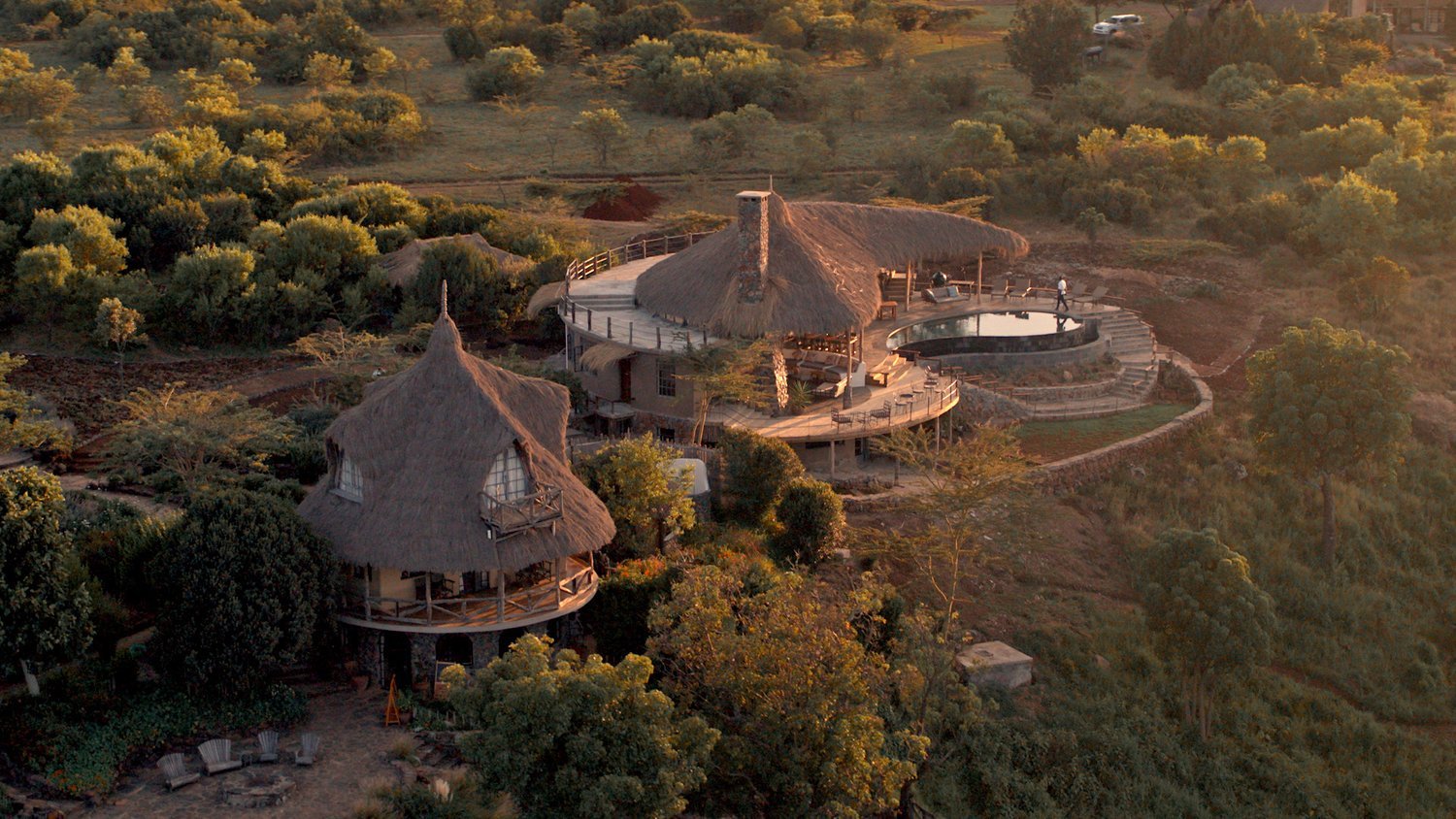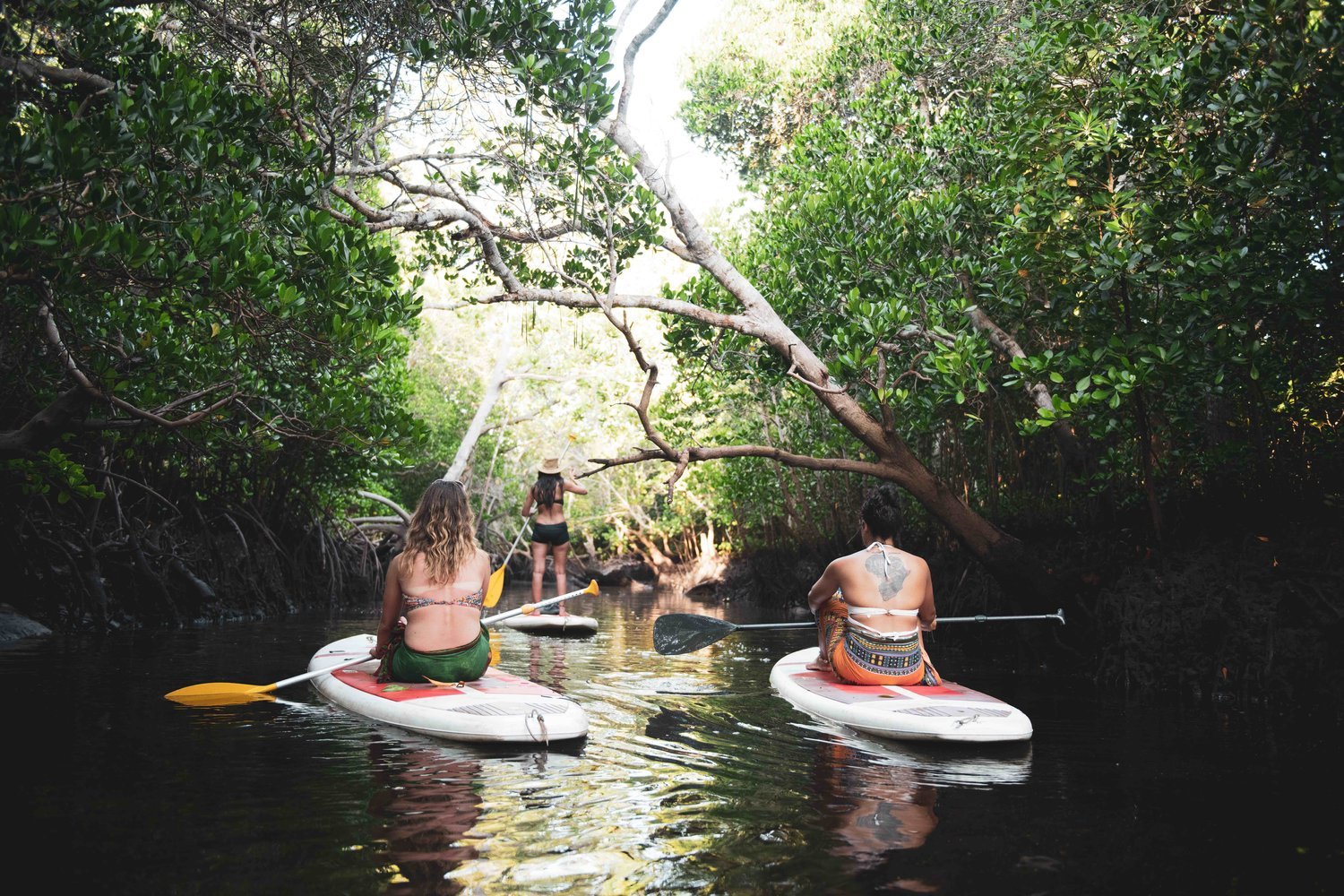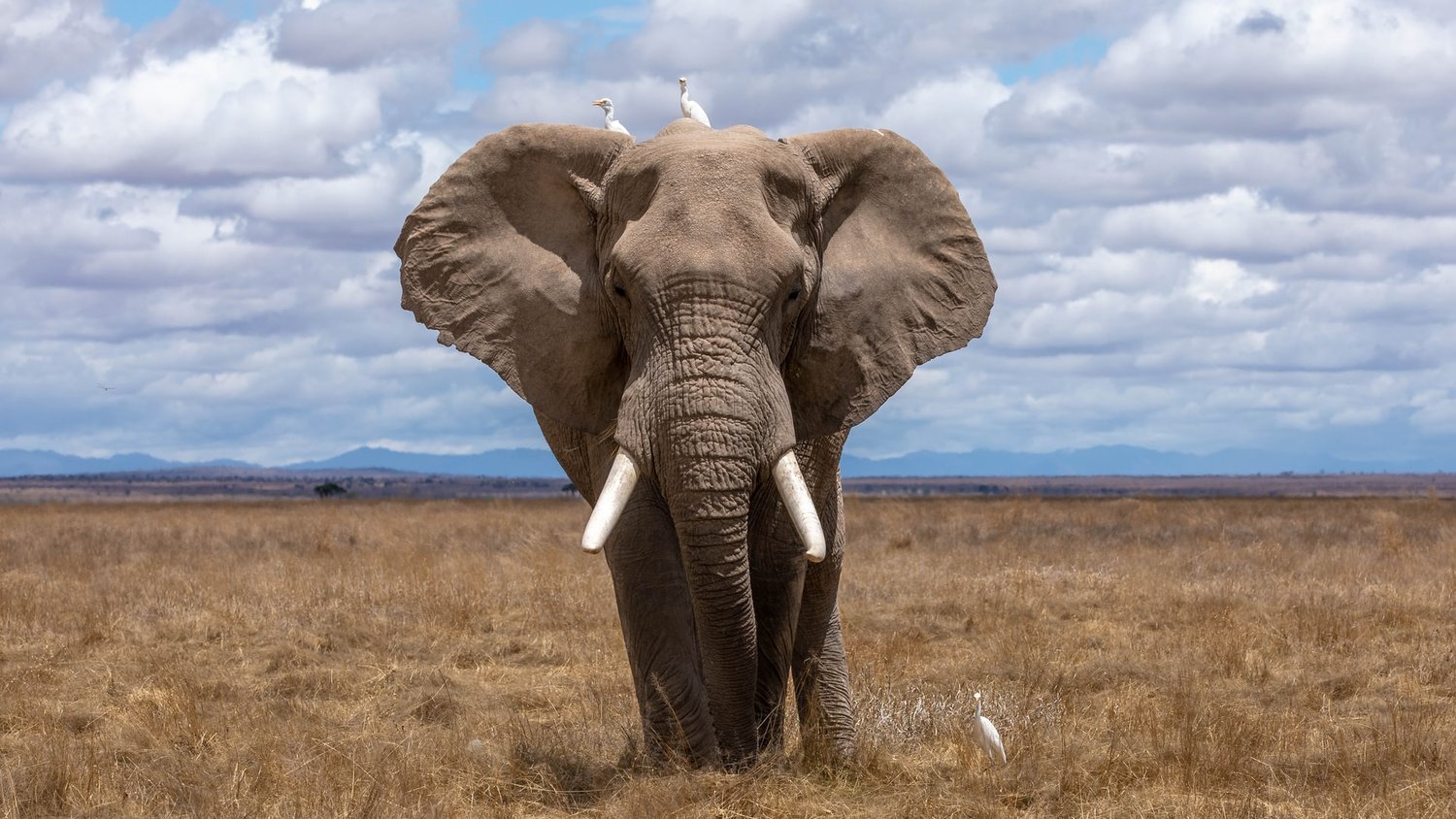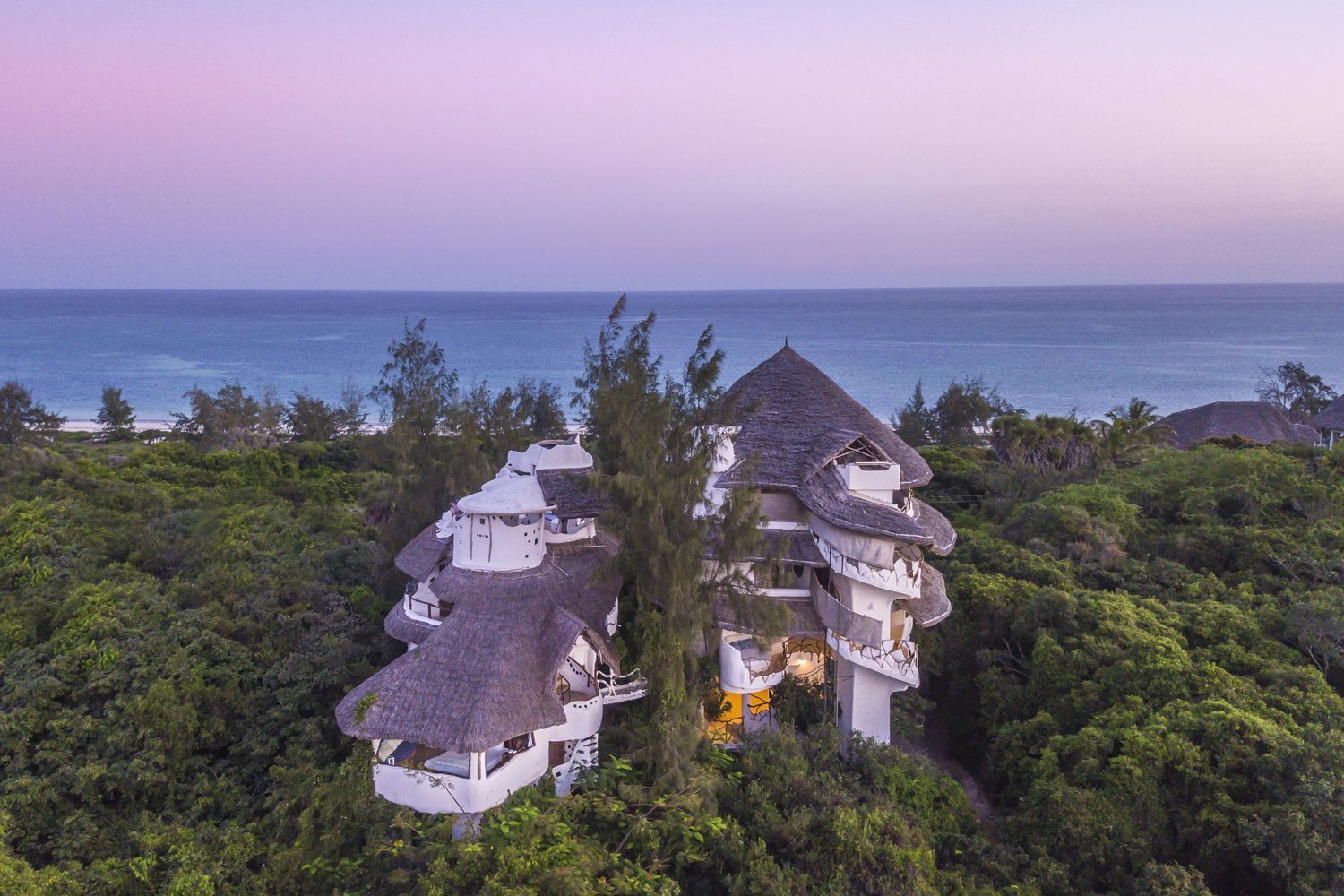The Ultimate Guide To Planning Your Africa Safari
Most of us have seen African animals in a zoo, or in a wildlife TV series or documentary. You might readily hear David Attenborough’s voice in your head, and perhaps you had a mangled collection of ‘Big Five’ soft toys that fed your imagination and wanderlust as a child.
Even at a zoo a large cat, rhinoceros, or elephant, is a majestic sight to behold. And yet in those confines they are only a shadow of their full potential as a vital creature. Seen in the wild, raw, and unspoilt African wilderness, these animals are something of a spiritual encounter. Their beauty and energetic power is spell-binding. It is something everyone should experience in their lifetime.
Being on safari requires of us considerable travel time - a game reserve necessitates enormous areas of uninterrupted wilderness. Once there, you are so immersed in nature that the sky glitters with stars, and the sounds of the bush are unhindered. It is a retreat in the true sense, cut off from the flow of normal life, connected to the natural cycle of day and night, and tuned into your ability to observe, to be mindful of every detail of the wondrous world around.
In Swahili, the melodious lingua franca of East Africa, the word ‘safari’ translates to “going on a journey”. This is an apt description because it involves much more than an average travel experience, or holiday in an age of globalisation. A safari in Africa requires of you to plan carefully and in detail, to consider many factors in terms of geography, climate and season, and set aside adequate time to actually get that far into the wild, away from cities and human infrastructure.
With this in mind, here is a guide to assist you on your way to an unforgettable safari holiday in Africa:
How to Plan & Book
Bucking the trend towards independent online booking in other tourism sectors, Africa safaris are still predominantly organised through specialist travel agencies. There are number of reasons for this but the most important is that the specialist agencies have a network of lodges, ground and air transport providers, and professional guides. They are able to assemble all the moving parts of a full holiday package for you with greater ease, efficiency, and accuracy than you could.
Most agencies work on a commission basis with the lodges directly, and make revenue not off you, but from business to business agreements. Even if you are an independent and experienced traveller there is no shame in booking a planned holiday package for Africa safaris; it is the norm and results in a superior experience.
Moreover, if you use a quality safari agency you are guaranteed to have a bespoke itinerary and bookings made for you and your travel companions only - there is no risk of massive tour buses and droves of flashing cameras. Recommended big safari agencies are Art of Safari and Expert Africa. Our absolute favourite bespoke, local, Kenyan safari planner is Big Wild Safaris.
Where to Go
Africa is vast and varied in terms of terrain, wildlife, plant life and cultures. There is definitely not one single reserve that shines above the rest. Your perfect location will be a dance between these factors: what you would like to see in terms of wildlife, the time of year you have available, and your budget. Generally speaking, the most popular game reserve areas are: Kruger National Park in South Africa; Serengeti in Tanzania; Masai Mara in Kenya; and Chobe National Park and the Okavango Delta in Botswana.
As these are the most well-known, they are also often the most expensive and over-traded. One advantage of the Kruger and the Serengeti, however, is guaranteed numbers and variety of animals. However, if you are seeking to ‘beat the crowds’ and enjoy a spectacularly unique and wild adventure, I would recommend: Laikipia Plateau and Lewa Conservancy in northern Kenya; Katavi National Park in western Tanzania; Bangwuelu Swamps in Zambia and Makgadikgadi Salt Pans in Botswana.
When to Go
This all depends on when the rain falls! During rainy season safaris are a lot less fun - vehicles can get stuck, and some of the wilderness is simply not penetrable, limiting time, scope and visibility for game viewing. There are also some areas where it gets uncomfortably hot at the height of summer - Kruger and Chobe parks are an example. Both are best visited in the winter months (June-September) when the climate is dry, the evenings cool, and the vegetation sparse thus forcing animals to congregate around water sources.
Laikipia Plateau beneath Mount Kenya is a high altitude safari area and thus always remains temperate, making it ideal for safari anytime apart from a short wet spell in November to early January. If you are planning to see a natural phenomenon, such as the Great Migration, this has its own cyclical calendar. The animals migrate year round, and congregate in particular areas at particular times. Here is an infographic:
Map courtesy of Capture Africa Tours
What to Pack
First things first - no need to bring anything overly smart of fancy. Rugged terrain requires practical and versatile gear. This is my go-to safari packing list:
Cotton shirts and t-shirts (long and short sleeves for layering)
Comfortable trousers or yoga pants
Warm woollen socks
Fleece, or cashmere mid-layer
Soft-shell outer layer
Cotton scarf
Strong wide-brimmed hat & sunglasses
Versatile multi-terrain trail shoes
Flip-flops/ sandals & bathing costume (for chill-time between game drives)
Binoculars & camera
African bird reference book
Buff and lip-balm
Head torch
Smarter scarf, or linen jacket to freshen up for dinner.
Know before you go
Check visa and inoculation requirements in the country you have chosen to visit. I often find, however, that malaria risks are vastly over-inflated and I personally never take malaria medication, choosing to rather be fastidious with repellent and using the mosquito netting lodges provide.
Plan to a hotel in the main city your international flight arrives at. If your flight arrives at an odd time, chat to your safari agency about a hotel recommendation close to the main airport and factor in an extra ‘buffer day for this’ on either end of the trip.
Although safaris are always an adventurous travel choice, they are not always an active travel choice! In fact, people don’t often realise just how sedentary a safari can be. Given the twice daily game drives at dawn and dusk, around six hours each day is spent sitting in your safari vehicle. Back at the lodge or camp, there is an emphasis on relaxation and pool-side leisure time during the day. Moreover, you cannot simply take up a jog to work off your brunch; you are in a game reserve with wild dangerous animals and thus have to remain within the lodge grounds. This is why I adore the combination of yoga and safari! Yoga allows you to limber up and feel energised, whilst drinking in the atmosphere of the nature reserve around you, and it does not require anything other than a mat and a flat area of ground or platform.
Join me on the most spectacular Kenya Safari and Beach Holiday!




